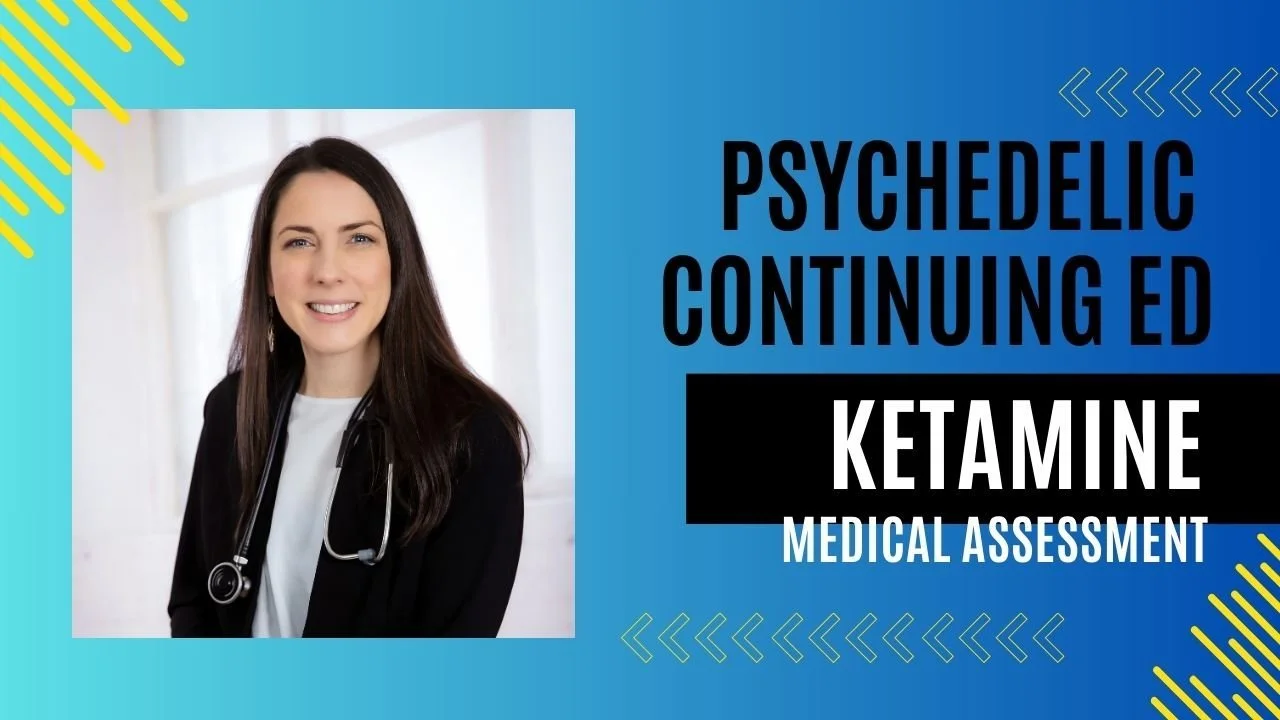Does Microdosing Psychedelics Improve Focus and Concentration?
Does Microdosing Psychedelics Improve Focus and Concentration? | In Portland, Oregon
Ketamine Therapy and Suicide Prevention: New Insights for Treating Depression, Anxiety, and PTSD
Ketamine Therapy and Suicide Prevention: New Insights for Treating Depression, Anxiety, and PTSD in Portland, Oregon.
Better Sleep for Better Mental Health: How Cognitive Behavioral Therapy Can Help, and How Ketamine Treatment Fits In
Better Sleep for Better Mental Health: How Cognitive Behavioral Therapy Can Help, and How Ketamine Treatment Fits In | Portland, Oregon
Flavonoid-Rich Foods: A New Path for Depression Support
Flavonoid-Rich Foods: A New Path for Depression Support in Portland Oregon
Addressing Ketamine Addiction: What is the Real Risk?
Addressing Ketamine Addiction: What is the Real Risk? in Portland, Oregon
Áureo Clinic Now Accepting Medical Insurance
Áureo Clinic Now Accepting Medical Insurance | Portland, Oregon
Unlocking the Mysteries: Silke’s Journey with Tarot Cards
Healing Tarot Readings in Portland, Oregon | Aureo
Ketamine Assisted Therapy Online Courses - New On Demand CE
Ketamine Assisted Therapy Online Courses in Portland, Oregon | Aureo
Enhancing Ketamine Therapy: Exploring Herbal Allies for Depression and Anxiety
Enhancing Ketamine Therapy in Portland, Oregon | Aureo





















